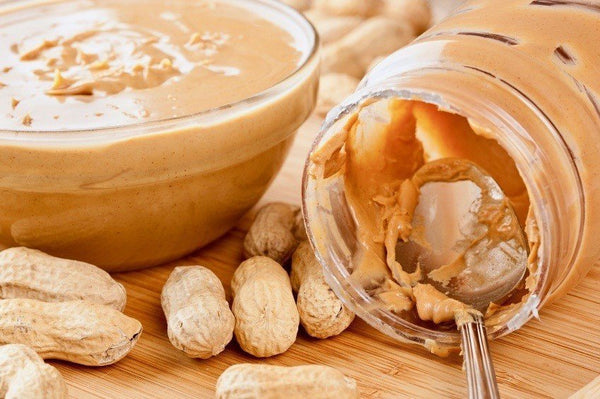
Six Steps to a Happier Gut
Eat a balanced diet
When it comes to your gut health, eating a healthy diet with lots of fruit and vegetables is the best and easiest way to keep your gut happy!
Eating processed foods high in simple sugars and bad fats throw out the balance of good and bad bacteria by putting the good ones out of a job! When we say ‘bad fats’ we are talking about fats that are rancid or oxidised (usually as a result of exposure to high temperatures) as well as trans fats, such as those found in cheap vegetable oils, some margarines and all deep-fried foods!
Choose ‘real food’ found on the outer edges of your supermarket aisles, such as fruits, vegetables, nuts, seeds, sprouted grains, and organic meat and dairy products. These will increase the beneficial bacteria needed to optimise digestion and fermentation process.
Experiment with probiotic-rich food
Probiotics can be found in fermented foods such as sauerkraut, miso soup, yoghurt with live cultures, authentic sourdough bread, kimchi and kombucha.
If you have gone through a course of antibiotics, where healthy bacteria are killed off as well as bad bacteria, incorporating probiotic-rich food or a good quality supplement into your diet is a great way to replenish probiotic stores
Choose fibre-rich foods daily
Most Australians are not meeting the recommended daily intake of fibre (25-30g/day). Consuming adequate fibre daily can assist in maintaining or losing weight, assist in stabilising blood sugar levels and maintain healthy gut microbiome. Most importantly for everyday health, it helps to regulate bowel movements and removal of waste.
Increase fibre slowly to allow your body to adjust, especially if you have had a very low fibre diet to begin with. Vegetables (especially with the skin on), psyllium husk, nuts, seeds, sprouted legumes and brown rice are all great sources of fibre.
Drink plenty of water
Increasing fibre in your diet needs to accompany an increase in fluid intake to gain the maximum benefits and avoid stomach cramps. The exact amount of fluid you need daily depends on many factors such as age, gender, physical activity and medication. As a general rule of thumb, ensure you are getting at least 2 Litres of water each day (around 8 to 10 cups).
Move more
Benefits of physical activity have been highlighted many times in the literature. To add to the list, there is evidence to show that being physically active can positively influence gut health. Exercise increases the diversity of the microbiome which research has shown to be more beneficial than the total number of probiotics in the gut. Aim for 30 minutes of moderate to intense exercise daily as well as reducing sitting time.
Stress-less
There is extensive evidence showing that poor gut health may exacerbate or bring on depression and anxiety. On the other hand, chronic stress can result in worsening of gut symptoms such as Irritable Bowel Syndrome. This is partly because our bodies are not able to digest and absorb nutrients effectively when under stress.
Incorporating practices that involve deep breathing such as meditation, yoga or tai chi have been shown to reduce stress and in turn improve gut health.
Author: Niki Mohtat. Part of the Ellipse health Team.

